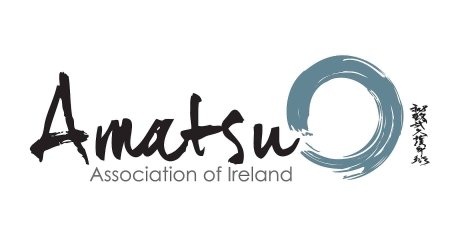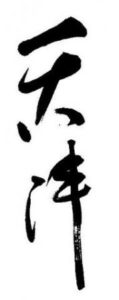Upcoming Courses
OPEN DAY
coming soon
To Book your place or for more info
Contact: Carole
0868342357 or email: caroleamatsu@gmail.com
www.amatsu-ireland.com/training
Practitioner Training
Amatsu – Anma massage techniques
Anma means to push and pull. In China this approach was called Amma and is now called Tuina.(1) Until the Meiji period (1868-1912) all doctors were required to be qualified in Anma. However the Meiji Emperors wished to westernise Japan and banned Anma in favour of western medicine.
In the early 1900’s a group of Anma trained practitioners formed Shiatsu, effectively re-naming this approach and using some of its methods. Anma works by pushing and pulling on specific areas of the body to release tension and tightness, thereby restoring the normal flows of blood and lymph to promote growth, repair and restoration of normal function.
Professor Ling – The founder of modern day Physiotherapy studied Anma/Tuina in China prior to establishing his school of Swedish massage and exercise.(2) Therefore Anma (Amma/Tuina) is often termed Japanese/Chinese Physiotherapy/Swedish massage.
Amatsu Anma includes:
- Massage techniques, Squeezing, Percussion and Effleurage etc.
- Stretching, unwinding, neuromuscular techniques etc.
- Positioning, postural ergonomics, alignment methods etc.
- Muscle energy, resistive, passive, articulations etc.
- Pressure points, Accupressure/Shiatsu, stroking etc.
Setai literally means to correct the body and was very popular in Japan until the Meiji period. During the 1950’s Setai re-emerged as a natural therapy through the influences of American
Chiropractic/Osteopathy and many Setai colleges in Japan are now known as Setai Chiropractic College.
Setai utilises many different methods for body correction including the following(1)
- Positional re-alignment through postural patterning
- Reciprocal reflex patterning
- Soft tissue manipulation
- Ligament and muscle balancing
- Emotional clearing with body-mind integration.
Setai focuses on the Head (on neck), Hara (spine/pelvis) and the feet to bring about symmetry and paralateral movement(2). Therefore all treatments re-align and re-balance the person from head to toe whilst balancing the meridian circuits of the body and the intrinsic cranial sacral system.
This course is fully accredited by the Amatsu Association of Ireland.
Further Studies / CPD
Autumn 2017
Watch this space

